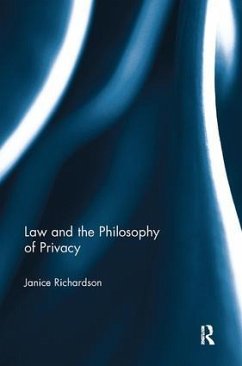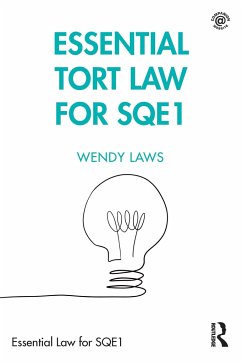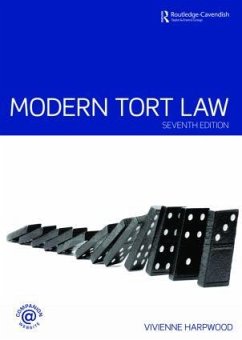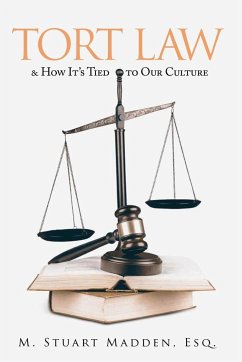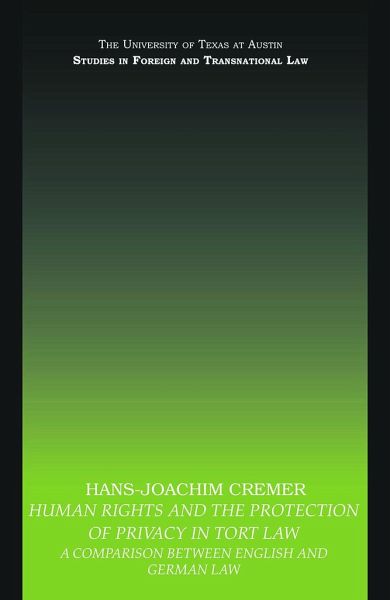
Human Rights and the Protection of Privacy in Tort Law
A Comparison between English and German Law

PAYBACK Punkte
32 °P sammeln!
Providing a comparison between English and German law, this book Explains how English courts could use and adapt structures adopted by the German legal order in response to rulings from the European Court of Human Rights on Article 8 of the European Convention of Human Rights.
In its case law, the European Court of Human Rights has acknowledged that national courts are bound to give effect to Article 8 of the European Convention of Human Rights (ECHR) which sets out the right to private and family life, when they rule on controversies between private individuals. Article 8 of the ECHR has thus been accorded mittelbare Drittwirkung or indirect 'third-party' effect in private law relationships. The German law of privacy, centring on the "allgemeines Persönlichkeitsrecht", has quite a long history, and the influence of the European Court of Human Rights' interpretation of the ECHR has led to a strengthening of privacy protection in the German law. This book considers how English courts could possibly use and adapt structures adopted by the German legal order in response to rulings from the European Court of Human Rights, to strengthen the protection of privacy in the private sphere.





